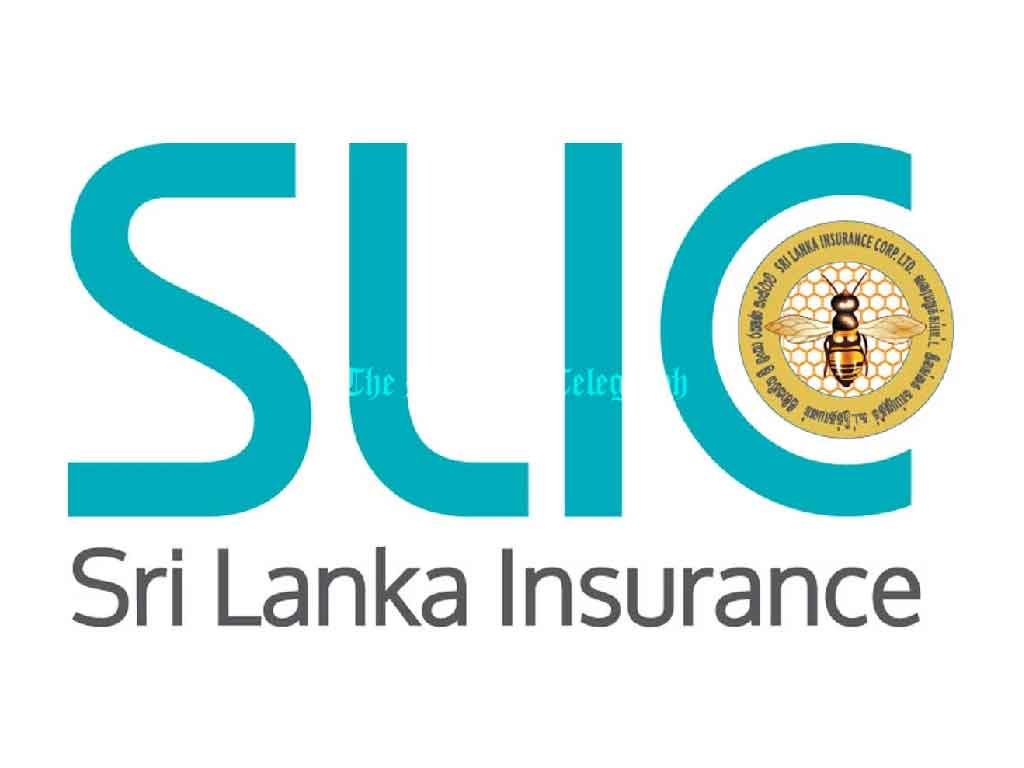
The newly appointed non-executive chairman of Sri Lanka Insurance Corporation (SLIC), Mr. Nusith Kumaratunga, has embarked on a bold restructuring of key leadership positions within the state-owned insurance leader. This move has sparked discussions about the company’s future direction and governance practices.
Proposed changes include the replacement of pivotal roles such as Chief Internal Auditor, Chief Financial Officer, Deputy General Manager of Human Resources, and Assistant General Manager of Human Resources. These recommendations have been submitted to the board of directors for approval, though notable concerns have been raised about the absence of formal disciplinary investigations into the individuals impacted by these changes.
Sri Lanka Insurance stands out as a market leader with a legacy of financial stability and consistent profitability. The corporation, which has never reported losses, holds assets valued at approximately Rs. 300 billion. Its portfolio includes highly profitable subsidiaries such as Lanka Hospitals and Litro Gas, underscoring its vital role in the country’s economy.
Historically, SLIC has been managed by professionals operating independently of political influence, a hallmark of its success. However, the latest restructuring under Mr. Kumaratunga’s leadership has stirred debate within industry circles. Sources suggest that the chairman’s actions aim to streamline operations and ensure the company remains competitive, but some critics view the move as potentially disruptive, especially if seen as lacking transparency or due process.
If the current board of directors fails to act decisively on these changes, sources indicate that the government may appoint a new board to oversee the corporation’s transition. This development places the company at a critical juncture, with stakeholders closely watching how the leadership will navigate these challenges while safeguarding its longstanding reputation and market position.




